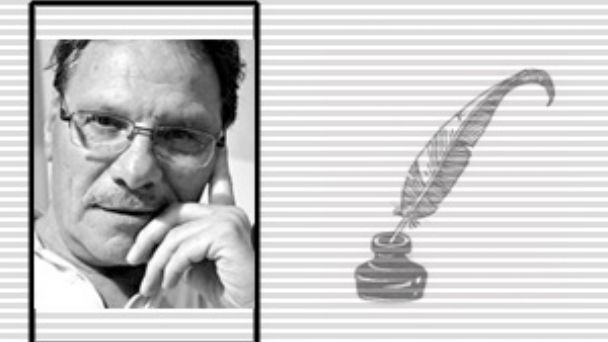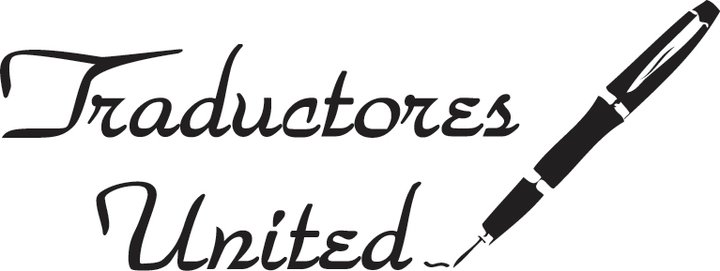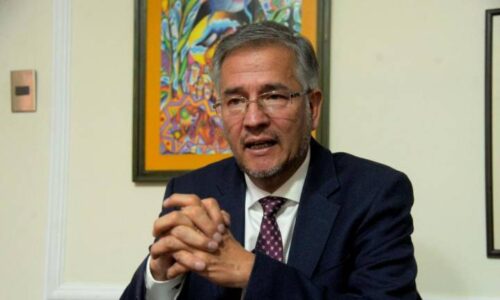

6 October 2021
The road to socialism in Bolivia
The political panorama that we live in shows clear symptoms of having reached a threshold point. The false certainty of the Movement Towards Socialism (MAS), according to which 55% of the electoral victory was a blank check that enabled them to do whatever they wanted, has come to an end, unleashing a citizen response very similar to the one that ended with the resignation and escape of Morales in 2019.
At the base of this type of procedure lies the idea, very typical of the retrograde left, that the people are made up of only them, and that the rest (that 45% of the population that did not vote for the MAS) is an entelechy not worth taking into account. In general, in universal history, these types of errors end very badly, for the simple but overwhelming reason that the people are all of us, to which, in the case of the MAS, it must be added that the same assessment led them to the debacle a few days after Morales –contemptuously– judged that the “others” were a weak “pitita” (string). The “pititas” (strings) took him out of power.
If we remember, the power accumulated by Evo Morales in 14 years collapsed like a house of cards when citizens, regarding the Penal Code, decided to put an end to the idea of subduing an entire nation for the mere charisma of the caudillo, or for the empire of covert repression that the MAS regime ruthlessly deployed through its repressive judicial forces, transformed into squads very similar to Benito Mussolini’s fascio di combatimento. The lesson that the current MAS leaders have not learned is that this country is much more than them and that, unlike societies such as Venezuelan or Cuban, ignoring social impulses and violating their rights has a very high price that, due to national experience, is not decided in the servile courtrooms, but in the streets.
How do we get to the point where citizens are forced again to go out and defend their rights? The critical path of the totalitarian project that the MAS is putting together began with the purification of its ranks. All those who were not determined to suppress democracy and impose an ethnocentric autocracy around Evo Morales came out. It was followed by the Law of Promotions in the Police, by which that institution is now commanded by the Minister of Government, in other words, they transformed it into a repressive device of political order. Until then, the Police had as a principle the defense of citizens, now they must defend an ideology. The invention of an unprecedented figure “the effective collaborator”, protects whoever offers to file a complaint against any citizen that the regime considers harmful to their interests, in other words, any citizen in need becomes a repressive agent.
The Law of the Commercial Registry that co-opts the Bolivian Commercial Registry (Fundempresa) and allows them to submit to the private company in all its ranks and activities, that is, it exercises control over assets, capital, investments, patrimony, etc., and the Law against the Legitimation of Illicit Profits that, without the participation of judicial instances (prosecutors, judges, etc.) can initiate an investigation without prior notice and behind the back of the investigated, it is authorized to instruct accounts to be frozen, homes requisitioned, virtual message systems and telephony intervened, inspections of movements in Real Rights, Internal Taxes and other State instances, it eliminates all forms of information confidentiality, there is no bank secrecy and neither are the press media protected by the secret of the source, that is, under a parallel extrajudicial and extra-police system, the Government will be able to subdue and repress whoever it considers to be a real or potential opponent. It is possible that this law contributes to the fight against illicit profits, arms trafficking, white slave trafficking, drugs trafficking, etc. but that is neither the spirit nor the intention, these laws are designed to Cubanize Bolivian society.
The citizen reaction has not been long in coming. A broad democratic movement based on citizenship is preparing for other days of resistance whose scope and consequences are unpredictable; in reality, the only sure thing is that imposing a regime similar to the failed socialism of the 21st century in Bolivia does not seem to be so easy, in a society whose democratic conscience has always been far superior than its dictatorial expressions.
Source: https://www.paginasiete.bo/opinion/2021/10/5/la-ruta-hacia-el-socialismo-en-bolivia-311143.html




